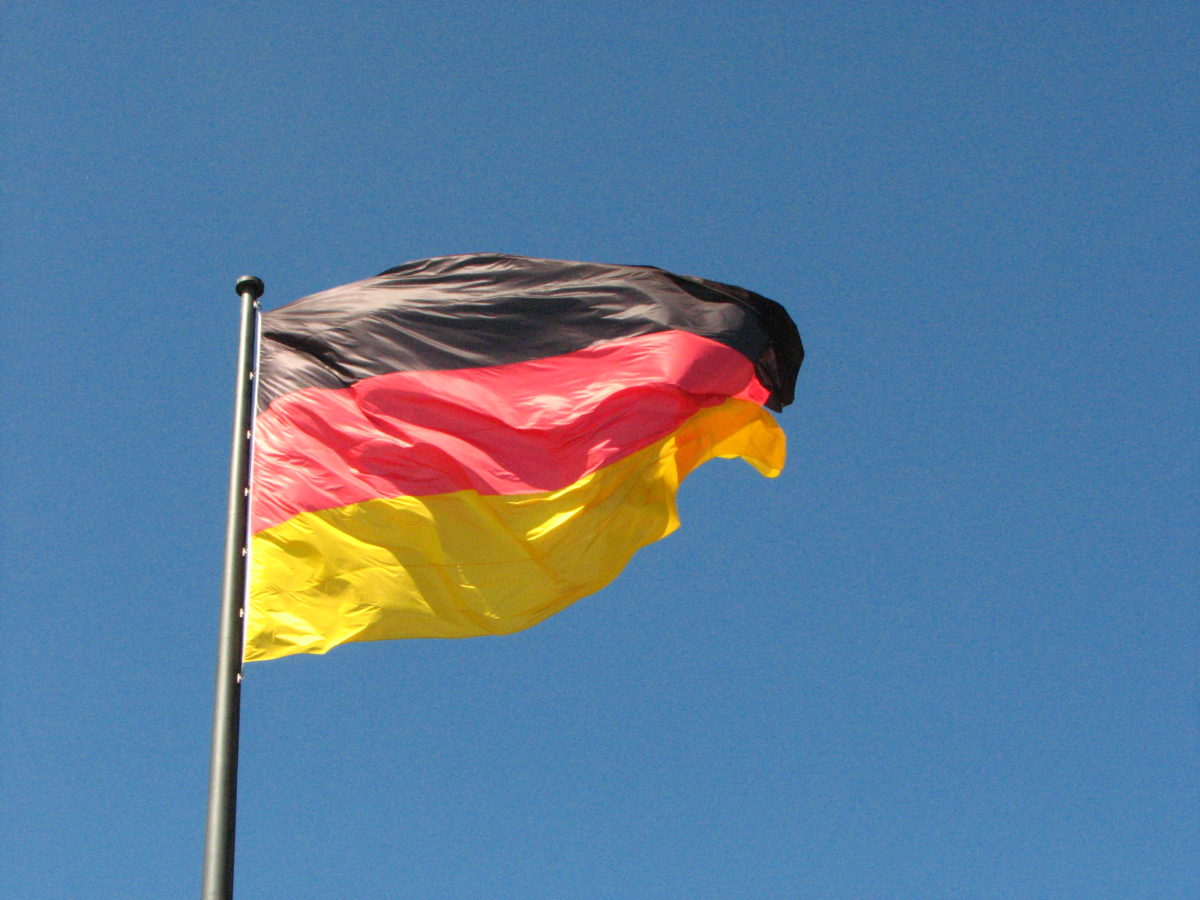From pv magazine Germany
The German government has introduced its so-called EEG Easter package to facilitate faster expansion of photovoltaics and wind power.
The new provisions identify new areas for the deployment of PV and support the participation of municipalities in existing solar and wind parks. In addition, the government wants to streamline the planning and approval procedures and push ahead with grid expansion. Renewables will prioritized in a future version of Germany's renewable energy law, the EEG.
In line with the higher expansion targets, the capacity to be allocated in the tenders for photovoltaics and wind power will be expanded significantly. The aim is to raise the expansion of PV to a level of 22GW by 2023 and then to keep it stable in the years that follow. This could lead to a cumulative installed PV capacity of 215GW in Germany by 2030, divided as evenly as possible between rooftops and open spaces.
Federal Economics Minister Robert Habeck (Greens) said at the beginning of the year that the EEG Easter package would also contain a booster for PV projects. And the draft has a large number of individual measures for solar. First and foremost, in the future there will be “adequate funding” for new rooftop systems that feed their entire solar power into the grid.
“The new remuneration rates should be applicable early in the course of 2022, subject to their approval under state aid law, in order to avoid interim alerts,” a government source said.
Popular content
Accordingly, the degression of the feed-in tariff should also be suspended until the beginning of 2024. After that, a six-month degression is planned. Currently, the feed-in tariffs are being cut each quarter depending on the installed capacity of the previous quarter.
In addition, the EEG draft provides for the area for solar parks to be “moderately expanded, taking into account agricultural and nature conservation aspects.” This also relates to agrivoltaic and floating projects. But there should be a bonus for PV linked to agricultural or farming activities due to higher costs. The Easter package also states that community solar parks up to 6MW can be built in the future without participating in tenders.
“The Easter package is the accelerator for the expansion of renewable energy,” said Habeck after the cabinet decision. “We will almost double the share of renewable energy in gross electricity consumption within less than a decade. We are tripling the speed of renewable expansion – on water, on land and on the roof.”
He said that he sees the Easter package as the basis for Germany’s energy security, energy sovereignty and climate neutrality.
“The Easter package is part of our agenda and has been worked out under high pressure in recent months. In view of Russia's aggression against Ukraine, which violates international law, it has now taken on a double priority,” said Halbeck.
This content is protected by copyright and may not be reused. If you want to cooperate with us and would like to reuse some of our content, please contact: editors@pv-magazine.com.



3 comments
By submitting this form you agree to pv magazine using your data for the purposes of publishing your comment.
Your personal data will only be disclosed or otherwise transmitted to third parties for the purposes of spam filtering or if this is necessary for technical maintenance of the website. Any other transfer to third parties will not take place unless this is justified on the basis of applicable data protection regulations or if pv magazine is legally obliged to do so.
You may revoke this consent at any time with effect for the future, in which case your personal data will be deleted immediately. Otherwise, your data will be deleted if pv magazine has processed your request or the purpose of data storage is fulfilled.
Further information on data privacy can be found in our Data Protection Policy.